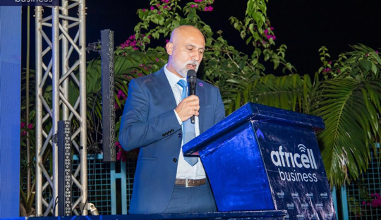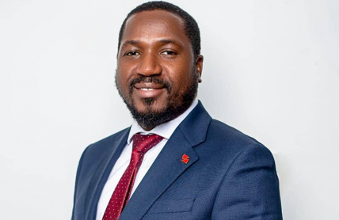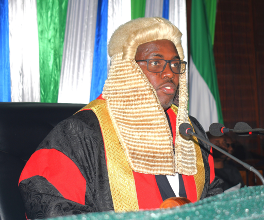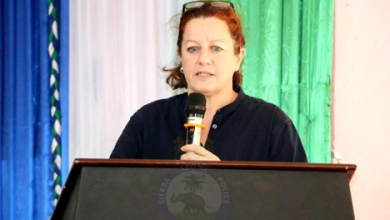Benghazi: A Tortured House …Victim Recounts Ordeal Behind Bars
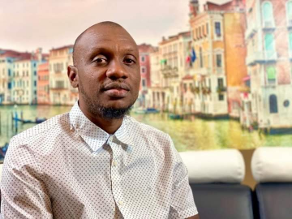
By Ilyasa Baa
Alarming suspicions that several individuals listed as political detainees—recommended for release by the Tripartite Committee—may have been killed have gained traction following a chilling account from a Sierra Leonean survivor of both the Pademba Road Correctional Center and the notorious Benghazi detention facility.
Ismael Bah, popularly known as Rappish and elder brother to renowned rapper LAJ, has broken his silence, sharing his harrowing experience with authorities, particularly those tasked with upholding justice and human rights.
“I am not going to fight against the government, but I will seek justice against the individuals who tortured me inside Benghazi,” Rappish stated during a candid interview on Wi Yard Online TV on Monday night.
He revealed that his transfer to Pademba Road Correctional Center—following U.S. Embassy intervention—was a relief compared to the brutal and isolating conditions he endured at the Operations Support Division (OSD)’s Benghazi detention center, where he was held incommunicado and subjected to torture for two days before being charged in court.
Rappish described the experience as life-changing, vowing to speak out against what he calls systemic inhumanity in the country’s security apparatus.
“Being locked up in Benghazi and Pademba has only strengthened my resolve to stand up against the torture and brutality faced by Sierra Leoneans—especially the youth—at the hands of security forces,” he said.
The most damning revelation came when Rappish alleged the existence of a mass grave inside the Pademba Road prison compound, believed to contain the bodies of prisoners killed during the April 2020 prison massacre. The incident, which the government has downplayed as a “prison break,” reportedly led to the deaths of over 300 inmates, many of whom remain unaccounted for—including political detainees.
“I have first-hand knowledge. Inside Pademba Road Prison, there is a mass grave,” he said solemnly.
This revelation has reignited public scrutiny, especially following the recent release of thirty-seven political detainees, leaving many to question the fate of the remaining individuals whose names were absent from the list.
It will be recalled that Rappish’s arrest was linked to the controversial detention of his brother LAJ—an operation widely believed to have been ordered by high-level authorities. His case has since become emblematic of broader concerns regarding political repression and abuse of power in Sierra Leone.
In the coming weeks, further details and testimonies are expected to emerge, shedding more light on what could be one of the gravest human rights crises in the country’s recent history.


